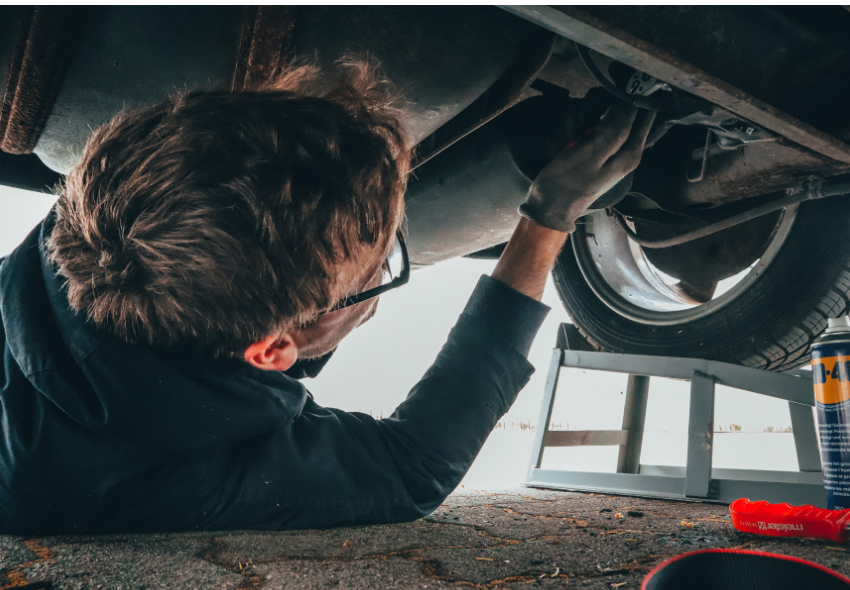If you are thinking about renting out your property or investing in a property in order to rent it out, there are a couple of things to consider before you become a landlord/lady because we with the job, you’re also taking on quite the list of responsibilities. To make sure, your dream of being a landlord isn’t over before it’s begun, I’ve collected 6 top tips for landlords and those who are thinking of becoming one:
Top tips for landlords - Check your mortgage
It might seem obvious, but before renting out your property, make sure to check that your mortgage (if you have one) is indeed permitting you to take on tenants. If it isn’t, you must get permission (consent for lease) from your lender. Be aware that they are in no way obliged to give consent to you letting the property and even if they do, they may charge you a fee or a higher interest rate. Don’t try to be sneaky either: If you fail to inform your lender, you’re breaking the legal terms and conditions of your mortgage contract and can get into all sorts of trouble.
Top tips for landlords - Get landlord insurance
Landland insurance is one of the most important things to have in place if you’re renting out your property. It does not only protect your rental property in the way a house/home insurance would but it also covers potential risks that landlords face, such as loss of rent and accommodation costs, should your tenants have to move out after an insured event, or cover for your liability as a landlord. Check out landlord insurance from CIA and have a look at their Local Property Stats Tool to find out more about about the neighbourhood of your (potential) property. It gives you a great idea about the issues you might be facing.
Top tips for landlords - Get references and a credit check
It doesn’t matter if the tenant is a friend or a complete stranger, one of my top tips for landlords is to always get references or a credit check. They might be an amazing friend but could turn into the tenant from a hell. Make sure that any future tenant is actually able to afford their rent. A good rule of thumb for affordability is that a prospective tenant should have an annual income in the region of 30x their monthly rent, so someone who wants to rent an £800 apartment/house should earn a minimum of £24.000.
Top tips for landlords - Get a deposit and secure it
Always make sure to take at least six weeks rent as a deposit when renting out your property and to hold it in accordance with TDP (tenancy deposit protection schemes). This is an absolute must for all properties rented out in England and Wales after 6 April 2007 and there are separate tenancy deposit protection schemes available in Scotland and Northern Ireland. Find more about the tenancy deposit protection schemes in the UK on the government’s pages.
Top tips for landlords - Get an inventory of your property
It might seem enough to highlight the odd scratch in your wooden flooring when you’re viewing the property with prospective tenants but it’s always better to be on the safe side. Get an independent company in to write up an inventory for you and you’ll be protected for damage on any furniture as well as walls, floors, sanitary ware etc. Costs are around £100 for a 3-bedroom property.
Top tips for landlords - Keep an eye on your property
It might not make you very popular with your tenants, but it’s a good idea to do quarterly visits to ensure that your tenants are looking after your property and that they are living according to the rules set out in your tenancy agreement, e.g. there are no extra tenants or animals living there, they aren’t smoking if it’s forbidden and that nothing is damaged. Once you feel like you can trust your tenants, you can always drop it to bi-annual or annual visits.
What are your top tips for landlords or prospective landlords? Also as a tenant, what do you expect from your landlord and what do you think is a tenant’s responsibility when renting?
This is a promotional post













Leave a Reply